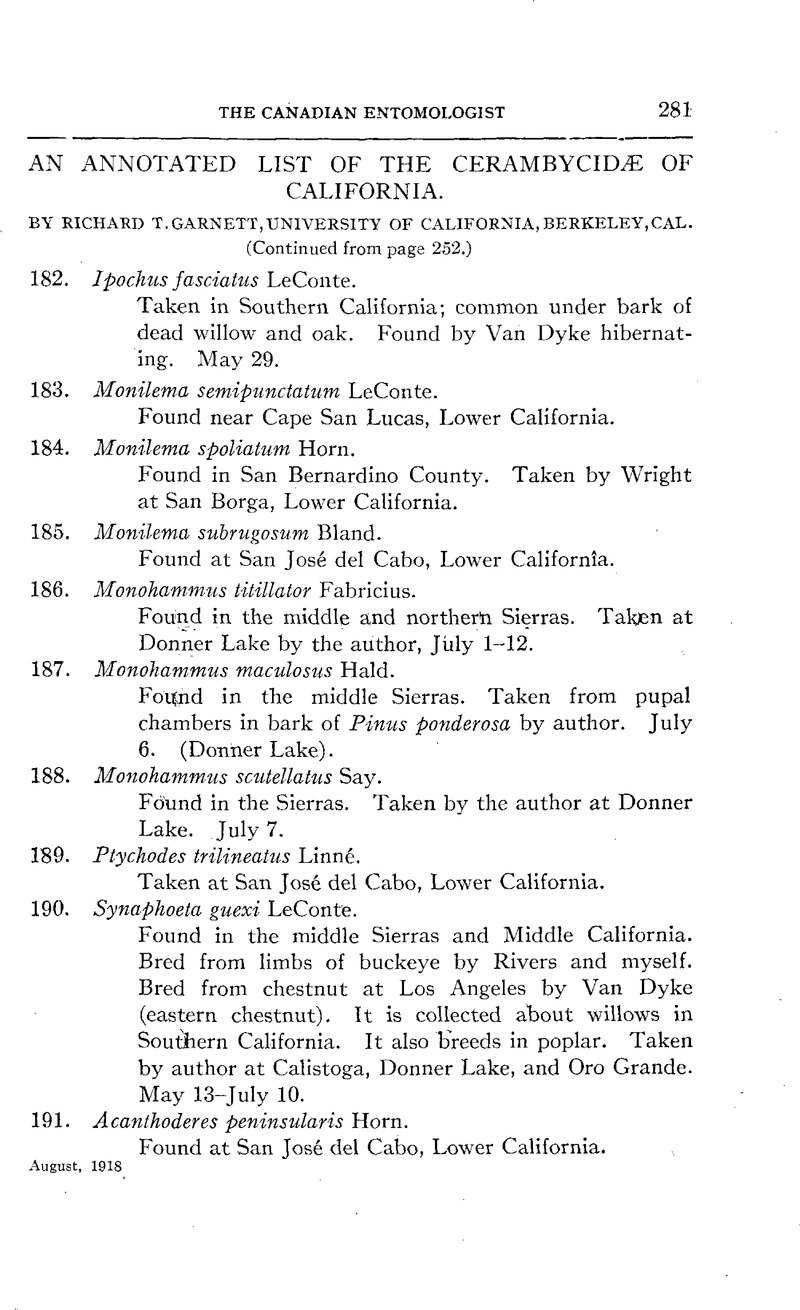


If no issues are found, the program can be run. In statically-typed languages, a compiler monitors the code as it is written and strictly ensures that the developer abides by the rules of the language. X = "hello" // this would trigger a type error For example, if you declare a variable to be an integer, you can’t assign a string value to it at any point in time. As a result, you cannot assign a value that does not conform to the data type you specified for the variable. When declaring a variable in statically-typed languages like C and Java, you are mandated to declare the data type of the variable. If you’re using Python ≤3.9, Python provides an alternatives type-hint syntax that I’ll demonstrate in the tutorial. We recommend Python ≥3.10, as those versions have new and better type-hinting features.
#List of annotations how to
Knowledge of how to use the command-line.Knowledge of how to write functions, f-strings, and running Python code.To get the most out of this tutorial, you should have: Dealing with type-checking in third-party packages.Using the TypedDict class as a type hint.Using the MutableMapping class as a type hint.When to use the Iterable type to annotate function parameters.Adding union type hints in function parameters.Adding type hints to functions without return statements.You’ll also learn how to work with the Protocol class, function overloading, and annotating constants. You’ll learn how to annotate variables, functions, lists, dictionaries, and tuples. It will focus on the mypy static type-checking tool and its operations in your code. This tutorial will explore type hints and how you can add them to your Python code. Tools like mypy, pyright, pytypes, or pyre perform the functions of static type-checking and provide hints or warnings when these types are used inconsistently. With type hints, you can annotate variables and functions with datatypes.

Python 3.5 introduced type hints, which you can add to your code using the type annotations introduced in Python 3.0. Incorrect assumptions about the behavior of specific functions.Verbose variables make codes harder to read.Absence of compilation could lead to poor performing codes.More errors will be detected at runtime that could have been avoided at the development time.The flexibility of this feature, however, comes with some disadvantages that you typically would not experience when using a statically typed language like Java or C++: In other words, as a Python developer, you are not mandated to declare the data type of the value that a variable accepts because Python realizes the data type of this variable based on the current value it holds. Python is highly recognized for being a dynamically typed language, which implies that the datatype of a variable is determined at runtime. I hope by sharing my experience, others can learn something from them. I love learning new things, and writing helps me understand and solidify concepts. Stanley Ulili Follow I'm a freelance web developer and researcher from Malawi.


 0 kommentar(er)
0 kommentar(er)
